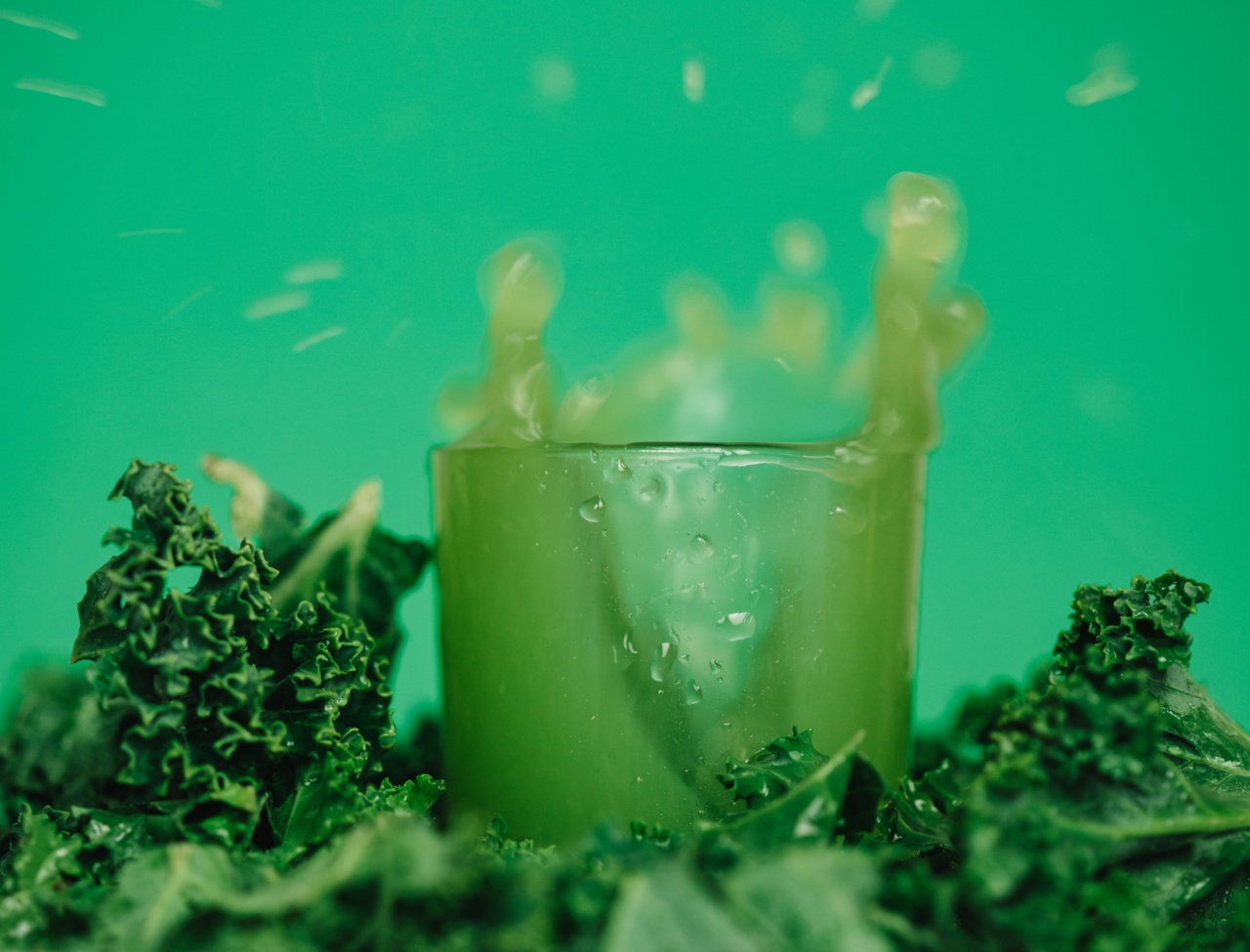Soft drinks have long been a popular beverage choice across the globe. Loved for their sweet and fizzy taste, they are often consumed as a refreshing treat or paired with meals.
However, while soft drinks may satisfy your taste buds, they can have troubling effects on your liver health.
The Liver: A Vital Organ
Before delving into the effects of soft drinks on the liver, it’s essential to understand the liver’s role in the body. The liver, one of the largest organs, is responsible for numerous crucial functions, including:.
- Filtering toxins and harmful substances from the blood
- Metabolizing nutrients and medications
- Producing bile to aid in digestion
- Storing vitamins, iron, and other essential minerals
- Supporting the immune system
Given the liver’s critical functions, it is vital to maintain its well-being. Unfortunately, excessive soft drink consumption can have adverse effects on liver health.
Sugar Overload: The Hidden Danger in Soft Drinks
One of the primary concerns with soft drinks is their high sugar content. A typical can of soda may contain up to 40 grams of sugar, far exceeding the recommended daily intake.
The excessive sugar intake can lead to several negative consequences for the liver:.
1. Non-Alcoholic Fatty Liver Disease (NAFLD)
The consumption of sugary beverages correlates strongly with the development of non-alcoholic fatty liver disease (NAFLD). NAFLD occurs when excess fat accumulates in the liver, causing inflammation and impairing liver function.
Over time, NAFLD can progress to more severe conditions, such as liver fibrosis and cirrhosis.
2. Increased Risk of Insulin Resistance
Sugar overload from soft drinks can lead to insulin resistance, a condition in which cells become less responsive to insulin. This can ultimately result in the development of type 2 diabetes.
Insulin resistance also puts additional strain on the liver, leading to metabolic changes that promote the accumulation of fat.
3. Depleted Liver Glycogen
Soft drinks, primarily high fructose corn syrup, cause a rapid increase in blood sugar levels. In response, the liver converts excess sugar into glycogen for later use.
However, excessive soft drink consumption can deplete liver glycogen stores, hindering the liver’s ability to regulate blood sugar levels adequately.
The Role of Artificial Sweeteners
In an attempt to cater to health-conscious individuals, many soft drink brands have turned to artificial sweeteners as a sugar substitute. While these alternatives are lower in calories, they are not without consequences:.
1. Altered Gut Microbiota
Studies have shown that artificial sweeteners, such as aspartame and sucralose, can negatively impact the composition of gut bacteria.
This disruption in gut microbiota balance can have indirect effects on liver health, contributing to inflammation and metabolic disturbances.
2. Increased Risk of Metabolic Syndrome
Artificial sweeteners are also believed to increase the risk of metabolic syndrome, a cluster of conditions that include high blood pressure, elevated blood sugar levels, excess body fat around the waist, and abnormal cholesterol levels.
These factors collectively contribute to liver dysfunction and can lead to NAFLD.
Reducing Soft Drink Consumption for a Healthier Liver
To safeguard your liver from the harmful effects of soft drinks, it is crucial to adopt healthier beverage choices and reduce or eliminate your consumption of sugary and artificially sweetened drinks. Here are a few tips:.
- Switch to water: Opt for plain water or infuse it with natural flavors like lemon, cucumber, or mint.
- Choose herbal teas: Enjoy a cup of herbal tea without adding sugar or artificial sweeteners.
- Go for healthier alternatives: Try fruit-infused water, kombucha, or unsweetened iced tea.
- Read labels carefully: Watch out for hidden sugars and artificial sweeteners in beverages marketed as “healthy” or “natural.”
- Moderation is key: If you can’t completely eliminate soft drinks, limit your consumption to occasional treats or special occasions.
In Conclusion
Soft drinks may be tempting, but they pose significant risks to liver health. The high sugar content in regular soft drinks and potential adverse effects of artificial sweeteners make them detrimental to the liver’s delicate balance.
By opting for healthier beverage options and reducing soft drink consumption, you can protect your liver and promote overall well-being.


























